What Our Students Say
Did you know!
- T levels are a two-year study programme, where 80% of study is based in a classroom environment and 20% is focused on an industry placement with an employer.
- The T Level qualification has been designed and developed with over 250 global and leading employers, allowing and ensuring that you will gain the right level of knowledge and skills required by employers for the jobs of the near future.
- The digital production, design and development T level is specifically designed to allow potential applicants to experience first-hand requirements of a challenging yet rewarding career in the digital and creative industries, whether that is within the web industry, games industry or a global business. The requirements for computer programmers and general computing enthusiasts is ever increasing with the emergence of newer technologies such as augmented reality, virtual reality, game engine programming and artificial intelligence.
Course Information
Introduction
This course is at capacity and no further places are currently being offered, however we can offer places on the waiting list for the course.
Experience first-hand requirements of a challenging yet rewarding career in the digital and creative industries. Whether you’re passionate about the web industry, games industry or working in a global business, learn the requirements, trends and technologies for computer programmers and general computing in an ever-changing world.
This T Level will enable you to enjoy 80% studying in a classroom environment and experience 20% learning on an industry placement with an employer.
More about STEMOverview
T-Levels are an alternative to A levels, apprenticeships and other 16-18 courses. The qualification is equivalent to three A levels and the main focus of study is based around vocational skills. The qualification includes a 45-day industry placement and the course is run over two years.
This T Level in Digital Production, Design and Development explores various elements of the digital and creative industries. The course has a strong emphasis on the exposure to emerging environments, such as cloud based computing and gaming technologies. The main focus is on developing computing skills which will be enhanced by using programming environments and hardware that reflect the developments required in using various platforms in solving business and gaming solutions.
You will develop strong skills in problem solving, analytical approaches, and designing and developing pragmatic solutions for given problems. You will also become familiar with data analytics, web design and development, and game solutions and programming, whilst exploring current and emerging technologies, and how these are evolving as we progress in the current digital world.
Who is this course for?
Ambitious 16-18 year olds or adults who want to pursue full-time education; as well as anyone who wants to develop key creative digital, computing and technical skills identified by many employers.
Course units/modules
The Core Component (Year 1)
Consists of a range of topics regarding digital-related knowledge and employer-informed skills:
- Problem solving
- Programming/coding - using live briefs based on games development
- Emerging technologies/trends - e.g. artificial intelligence, machine learning, virtual reality, augmented reality)
- Games engines and issues in Digital
- Legislation
- Data - the importance of data management within games and how games rely on data
- Digital (cloud/virtual), business and gaming environments
- Testing and cyber security - game testing and issues around cyber security within gaming platforms
- An employer-set project (ESP) which consists of applying the above skills in a real life working environment - e.g. being presented with a problem and then planning, solving and evaluating the issue and solution
The Occupational Specialism (Year 2)
Allows development and practical use of employer informed skills such as:
- Analysing a problem to define requirements and acceptance criteria, aligned to user needs
- Game development used in problem solving
- The design, implementation and testing of software
- Ability to change, maintain and support software
- Creating solutions in a social and collaborative environment
- Being able to discover, evaluate and apply reliable sources of knowledge
- Applying ethical principles and managing risks in line with legal and regulatory requirements when developing software
Benefits and skills
- A 45-day industry placement with a digital and IT employer - gain real life skills that will boost your CV and UCAS applications for university
- Develop STEM skills needed for the industry, such as problem solving, creative thinking, communication, data-driven decisions, intellectual curiosity, flexibility and collaboration
- Gain industry skills through exciting and live project work
- Insight into how computer games are developed, with a strong emphasis on the technical side of computer game development
- Learn in a state-of-the-art environment at our new Quarry Hill campus
Entry requirements
5 GCSEs at Grade 4 or above, including English and Maths.
Available apprenticeships and progression options
You can progress to a university of your choice and study various courses in the creative and digital industries including computer game programming, game design, game development, computer game science, web development, software development and data analytics.
You also have the option to study a Higher Education course in computer game development and computer science at our University Centre Leeds institution.
Completing this T Level will also support progression to entry-level job opportunities in computer game programming, software design and development, web development, mobile app development, general programming.
Assessment types
Assessment is done via a range of assessment methods including assignments, employer and external-based assignments and exams.
Employment Statistics
-
Programmers and software development professionals
Average Salary£50,440
-
Arts officers, producers and directors
Average Salary£50,440
-
Office supervisors
Average Salary£30,160



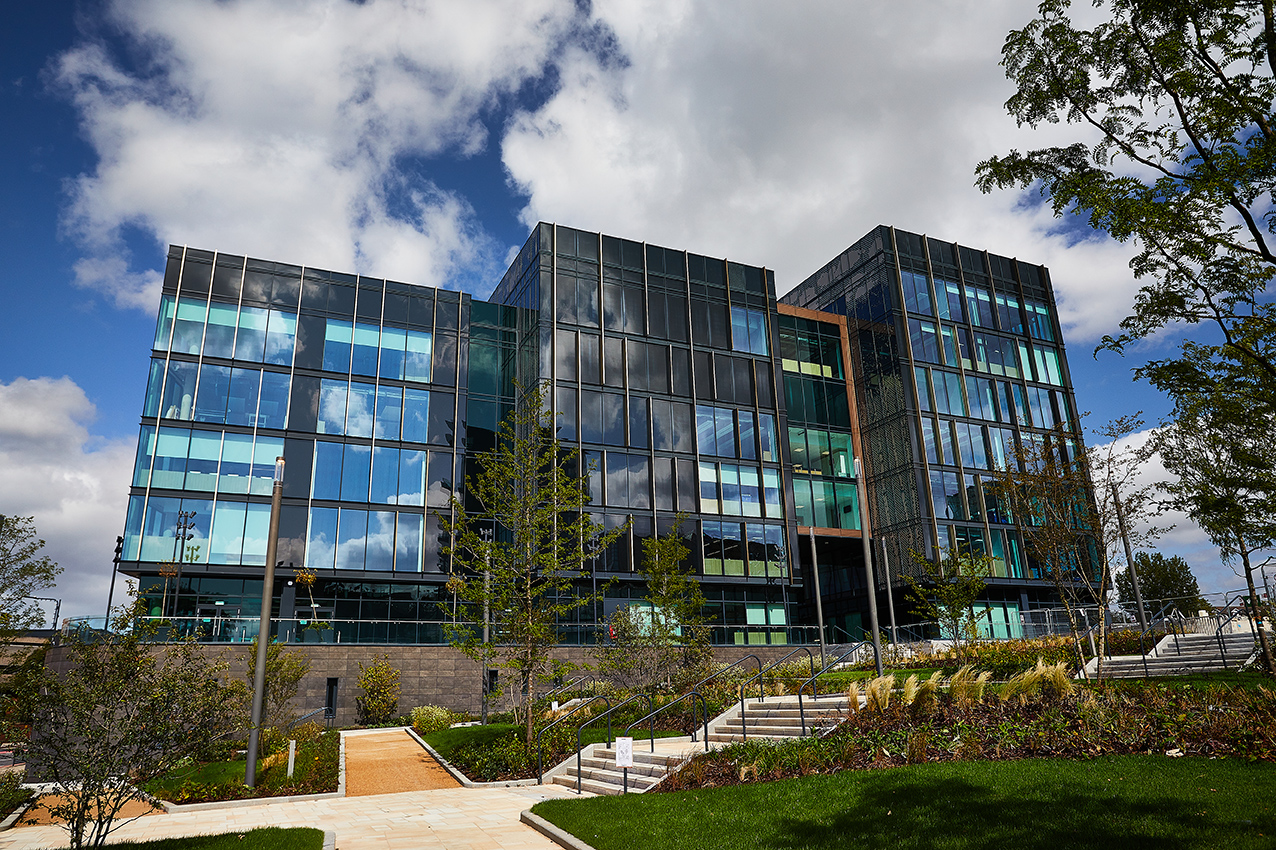
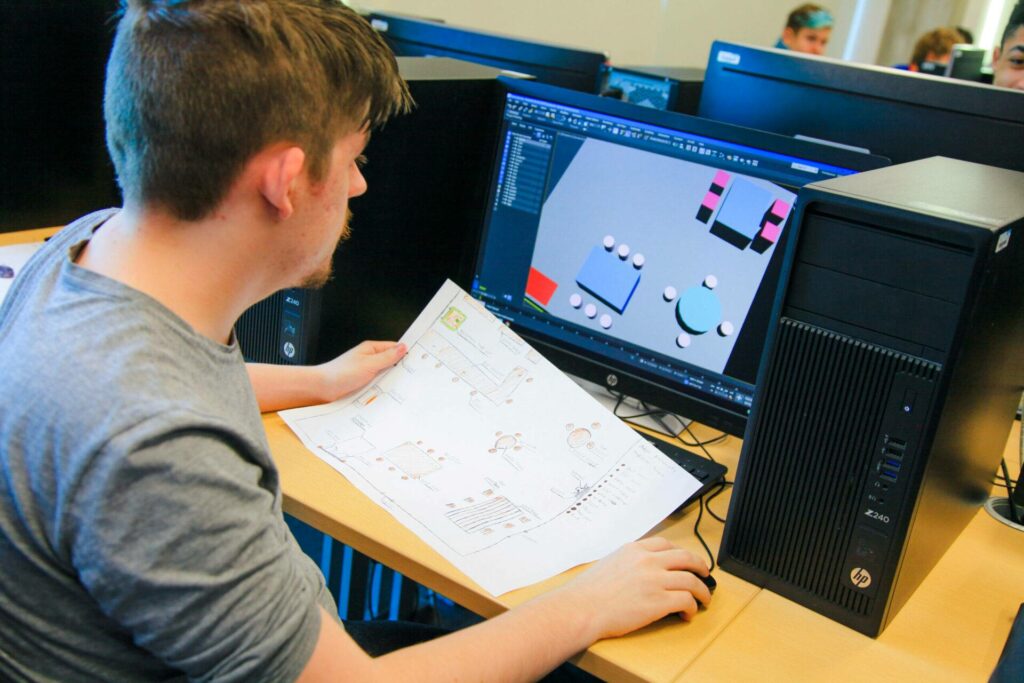
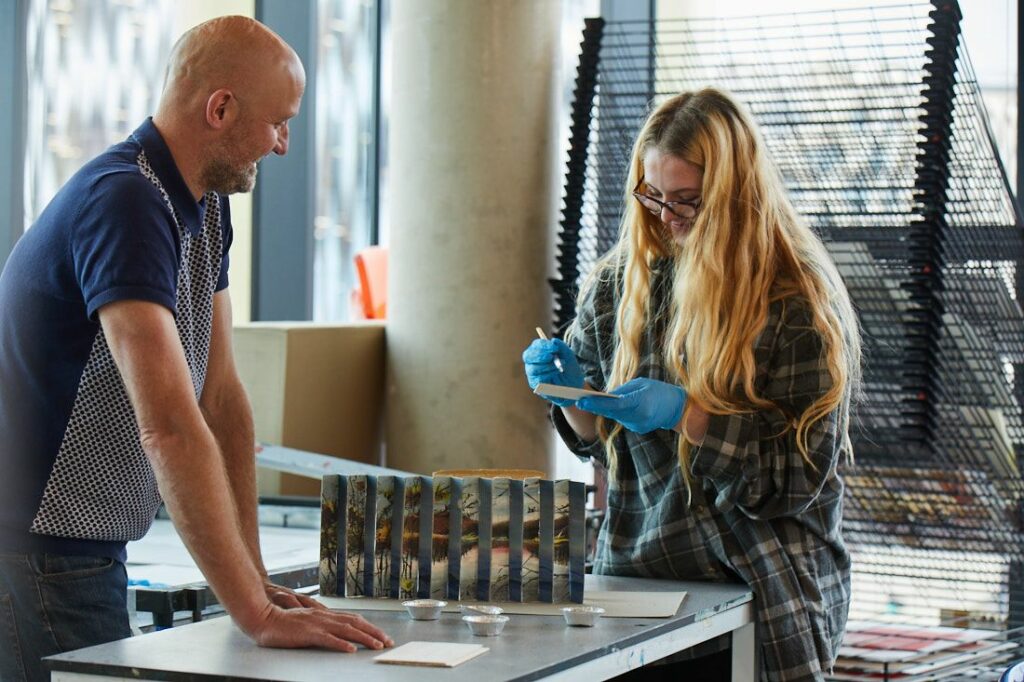
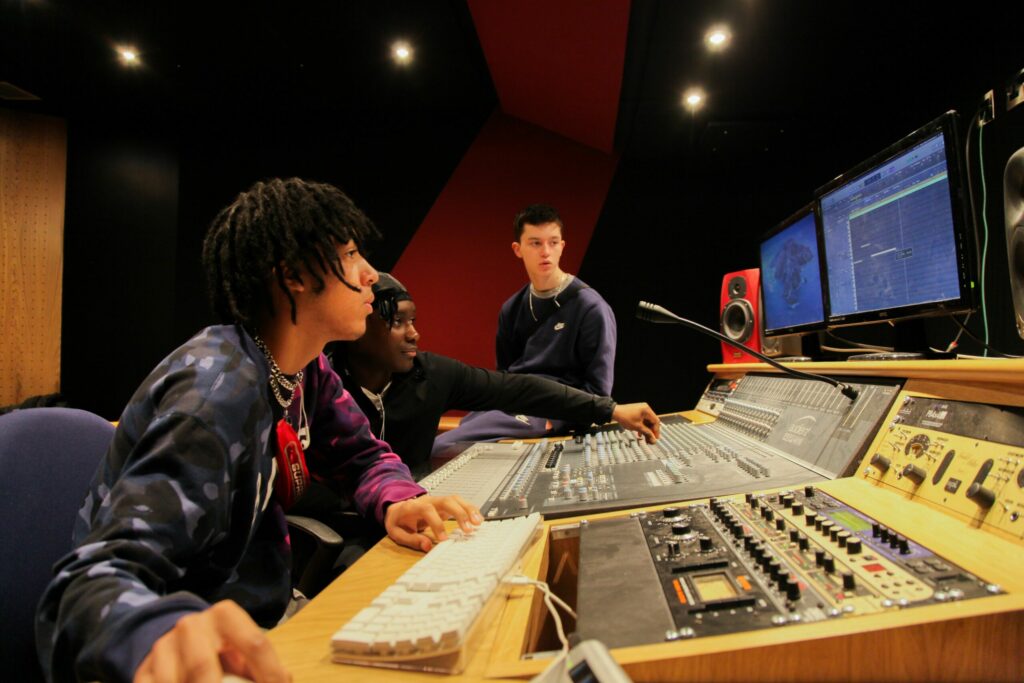

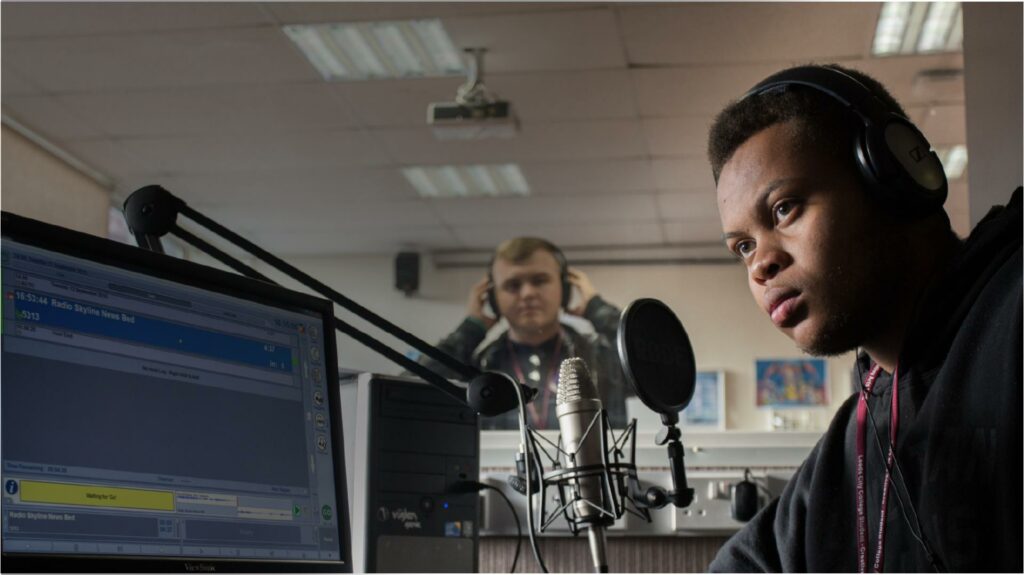

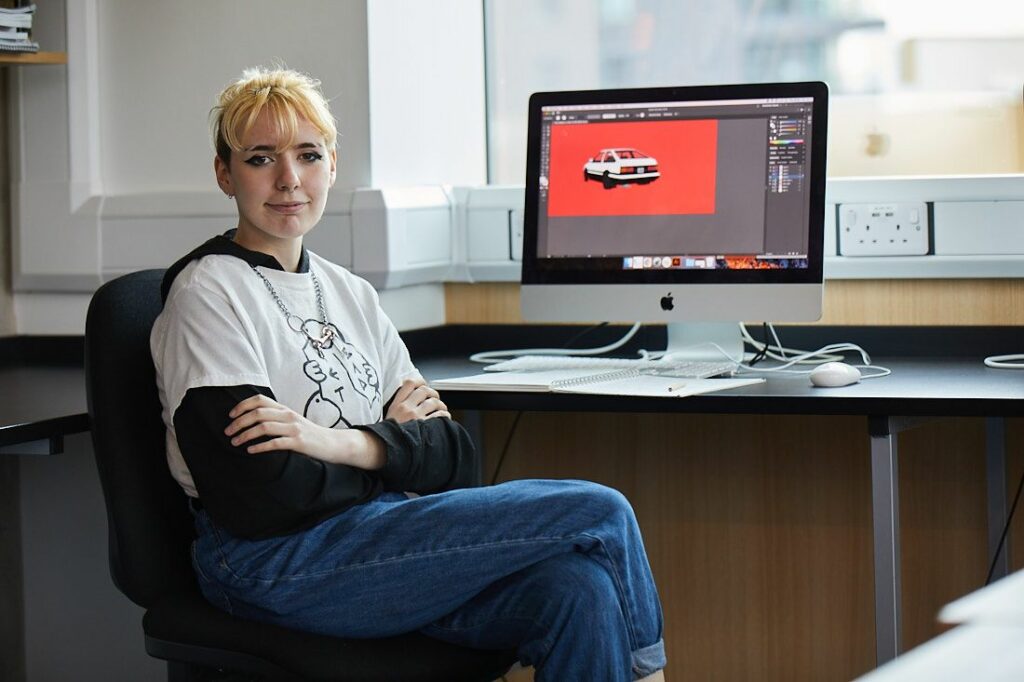
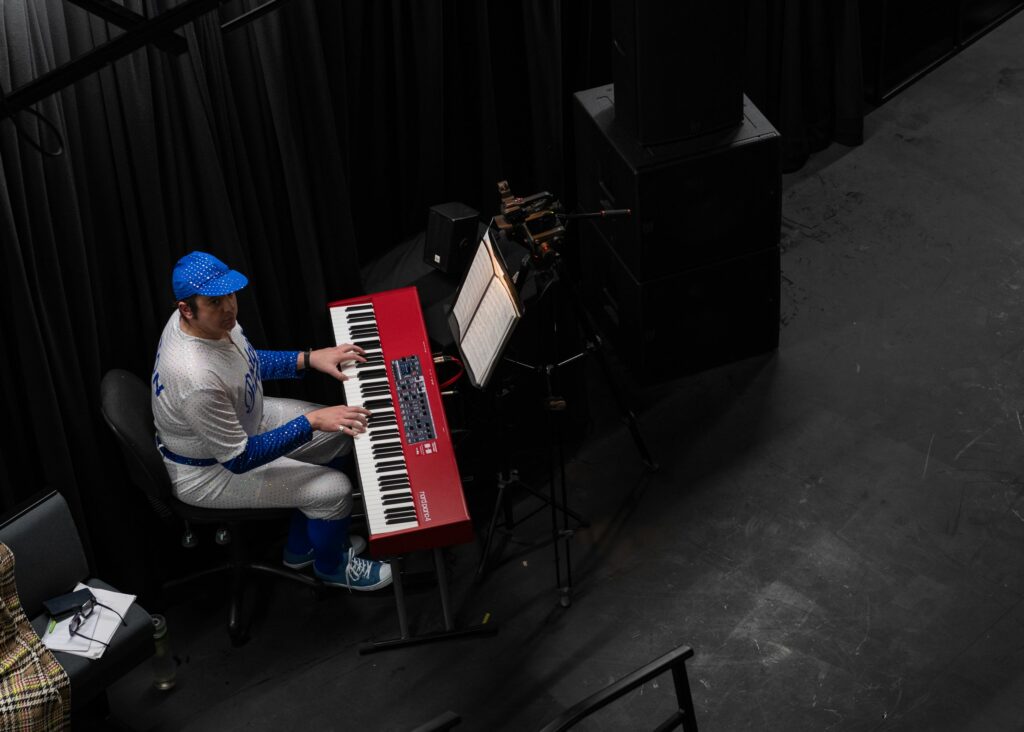

Follow us on Social Media